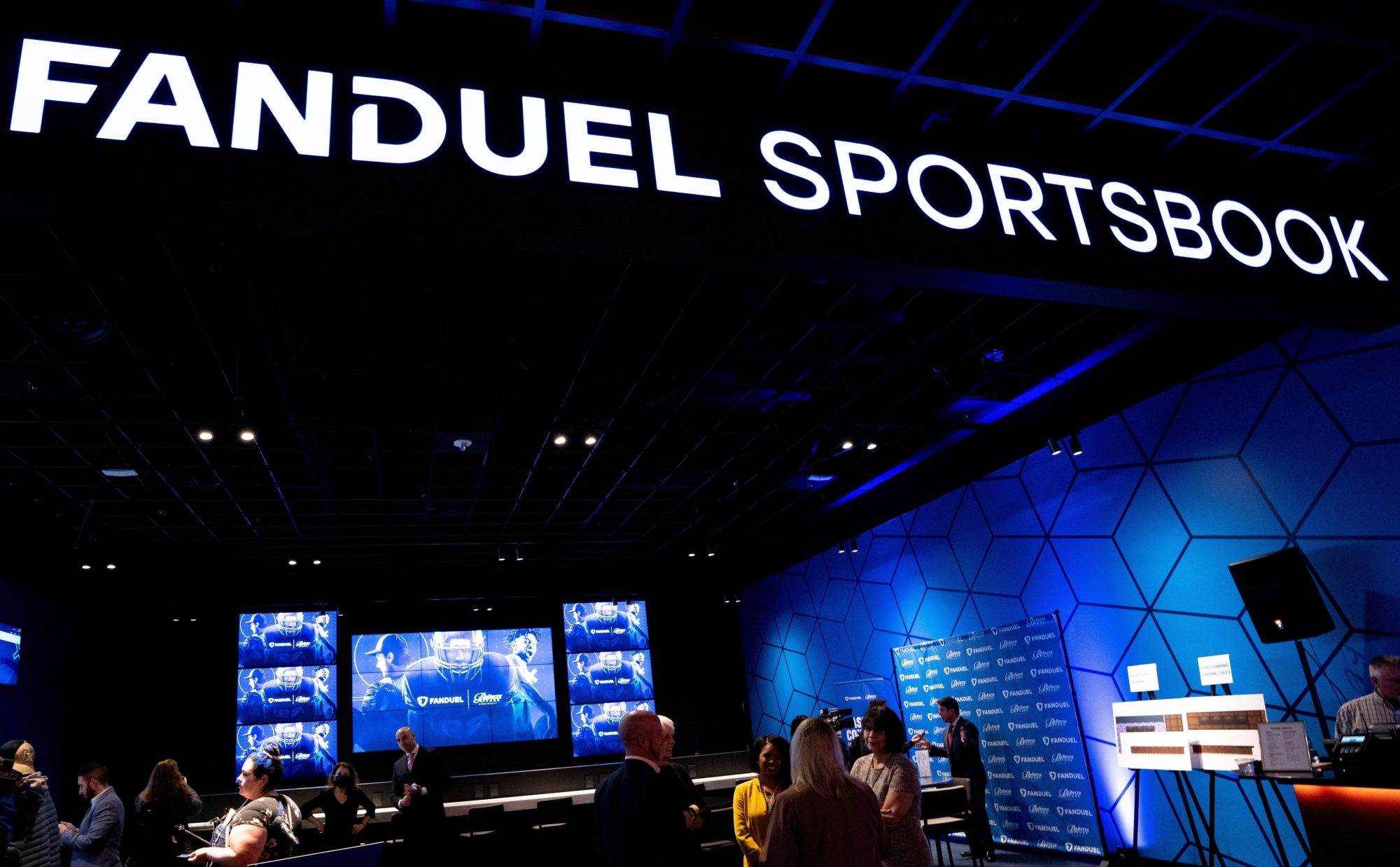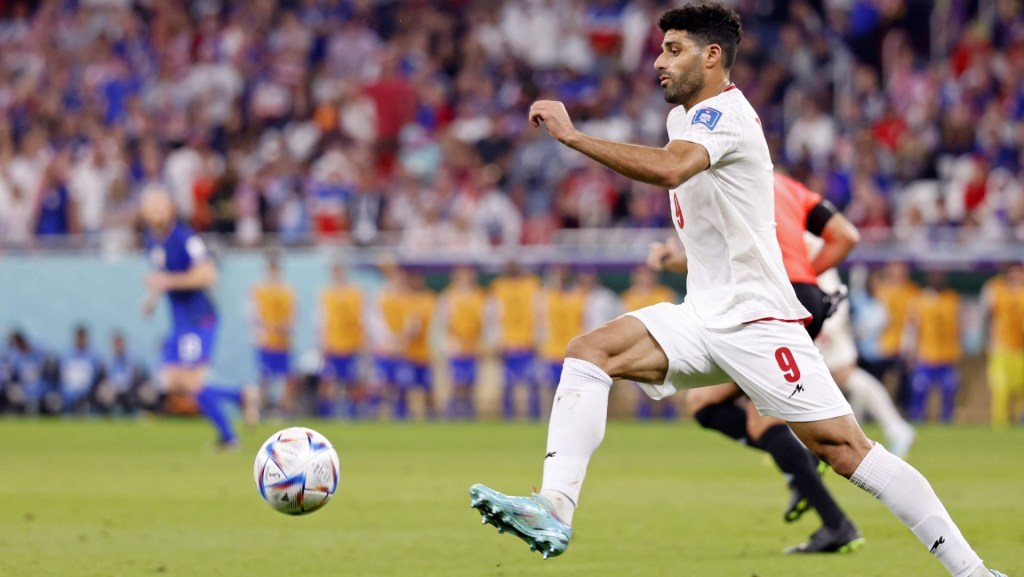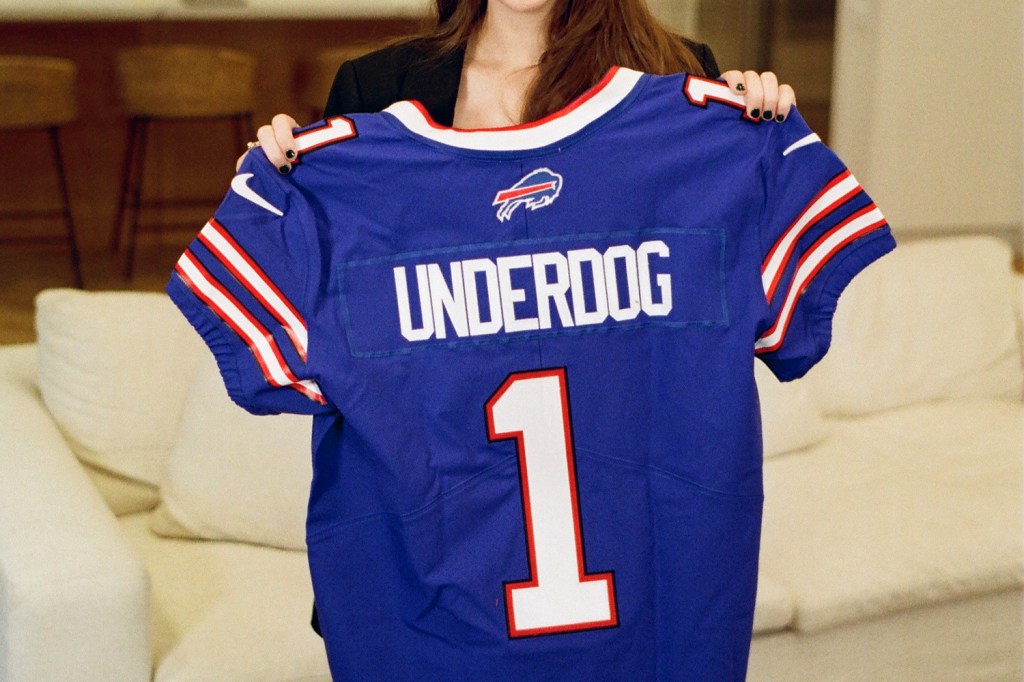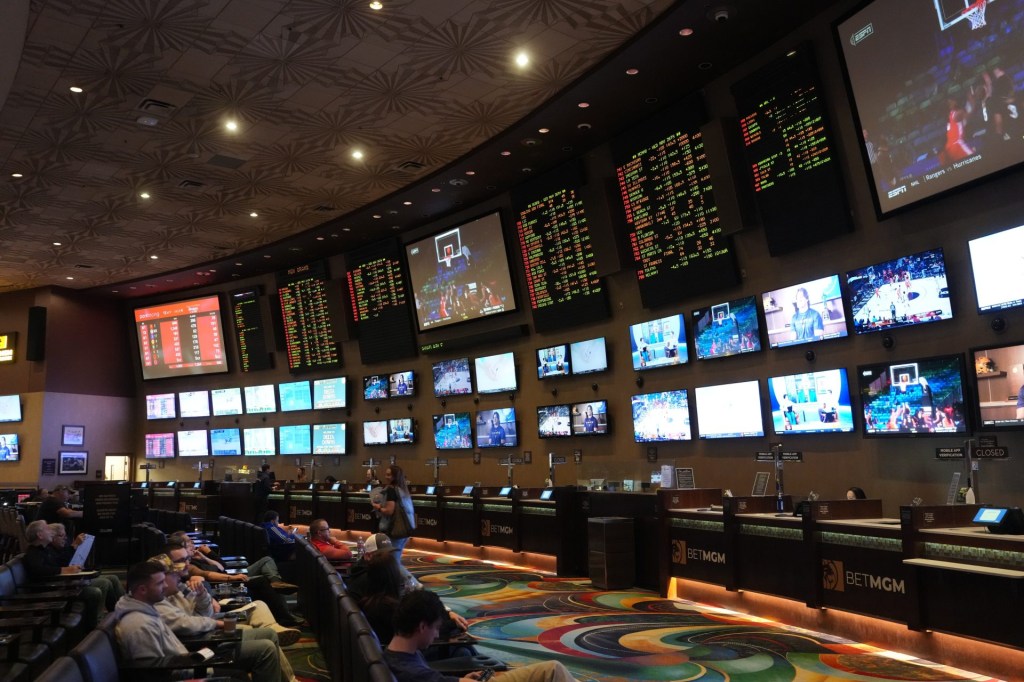The cofounders of FanDuel are stepping up their efforts to recoup lost equity from the company’s 2018 acquisition by European bookmaker Paddy Power Betfair, which later rebranded to Flutter Entertainment.
In an amended complaint filed in New York State, cofounders Nigel Eccles, Lesley Eccles, Thomas Griffiths, Robat Jones, and Chris Stafford—along with dozens of early investors and employees—claim that board members controlled by private equity investors KKR and Shamrock “secured for themselves and other preferred shareholders 100% of FanDuel’s equity in the new merged company along with the massive return it represented.”
The 2018 sale of 61% of the company to Paddy Power valued FanDuel’s stake in the merged company at $559 million. The company is valued at more than $20 billion today, the largest market capitalization in U.S. sports gambling. The heart of the plaintiffs’ claim is that the 2018 valuation was artificially low in order to curb the profits of the early shareholders.
The plaintiffs say that as part of the merger, early shareholders, including the founders and employees, were given 40% ownership interest in the merged company, FanDuel Group. However, they allege that the board ginned up an extremely low valuation of $559 million—the very price at which, according to the old company’s bylaws, preferred shareholders (i.e. KKR and Shamrock) would get all the equity in any merger or acquisition event. Early stakeholders (i.e. FanDuel’s original founders, early employees, and investors) were “wiped out,” the plaintiffs say, and received nothing. Just two years after the merge, the preferred shareholders sold their stake for $4.2 billion.
The case, initially filed in Scotland, has been winding its way back and forth across the Atlantic for years. An appellate court dismissed the claim in 2022, before the New York Court of Appeals ruled in May of this year that the suit could proceed. The amended complaint, said Nigel Eccles, “for the first time, publicly details the defendants’ various breaches of [fiduciary] duties, as well as outlines the defendants’ fraud, conspiracy and bribery under Scots law.”
The plaintiffs are seeking a jury trial in the hopes of receiving compensatory damages of more than $500,000, unspecified punitive damages, and “disgorgement of Defendants’ ill-gotten gains from having erased the interest of FanDuel ordinary shareholders,” plus interest.
KKR declined to comment for this story; Shamrock did not immediately respond to a request for comment.
However, in a 2020 joint statement, they said, “KKR and Shamrock stood by and supported the company during difficult times. We are confident that the facts will demonstrate that the allegations in this lawsuit are completely baseless.”
Those “difficult times” may refer to FanDuel’s 2018 efforts to ward off bankruptcy, details of which are in a Scottish court filing brought by FanDuel and dismissed in 2019. FanDuel’s fortunes have improved enormously since then: The company reported second-quarter earnings Tuesday that beat expectations on sales and profits.
Nigel Eccles and the others founded FanDuel in 2009 as a fantasy game in which users constructed player rosters and pitted them against other users for money. While FanDuel added more ways to play, some state and federal regulators and lawmakers took aim, arguing that the game constituted gambling.
But in 2018, the U.S. Supreme Court struck down the Professional and Amateur Sports Protection Act (PASPA), which had effectively prohibited sports betting outside Nevada and a handful of states with sports lotteries.
The repeal of PASPA led to the expansion of legalized sports betting to 38 states, plus Washington, D.C., and Puerto Rico. It also precipitated Flutter’s purchase of FanDuel, as the company looked for a way to quickly get into new markets.
Now, FanDuel’s founders want their share of the industry’s winnings.







![[Subscription Customers Only] Jun 15, 2025; Seattle, Washington, USA; Botafogo owner John Textor inside the stadium before the match during a group stage match of the 2025 FIFA Club World Cup at Lumen Field.](https://frontofficesports.com/wp-content/uploads/2026/02/USATSI_26465842_168416386_lowres-scaled.jpg?quality=100&w=1024)
![[Subscription Customers Only] Jul 13, 2025; East Rutherford, New Jersey, USA; Chelsea FC midfielder Cole Palmer (10) celebrates winning the final of the 2025 FIFA Club World Cup at MetLife Stadium](https://frontofficesports.com/wp-content/uploads/2026/02/USATSI_26636703-scaled-e1770932227605.jpg?quality=100&w=1024)







![ESPN Bet broadcasts inside the PGA Tour Studios building in Ponte Vedra Beach, Florida, on March 14, 2025. [Clayton Freeman/Florida Times-Union]](https://frontofficesports.com/wp-content/uploads/2026/02/USATSI_25668497_168416386_lowres-1-scaled.jpg?quality=100&w=1024)
